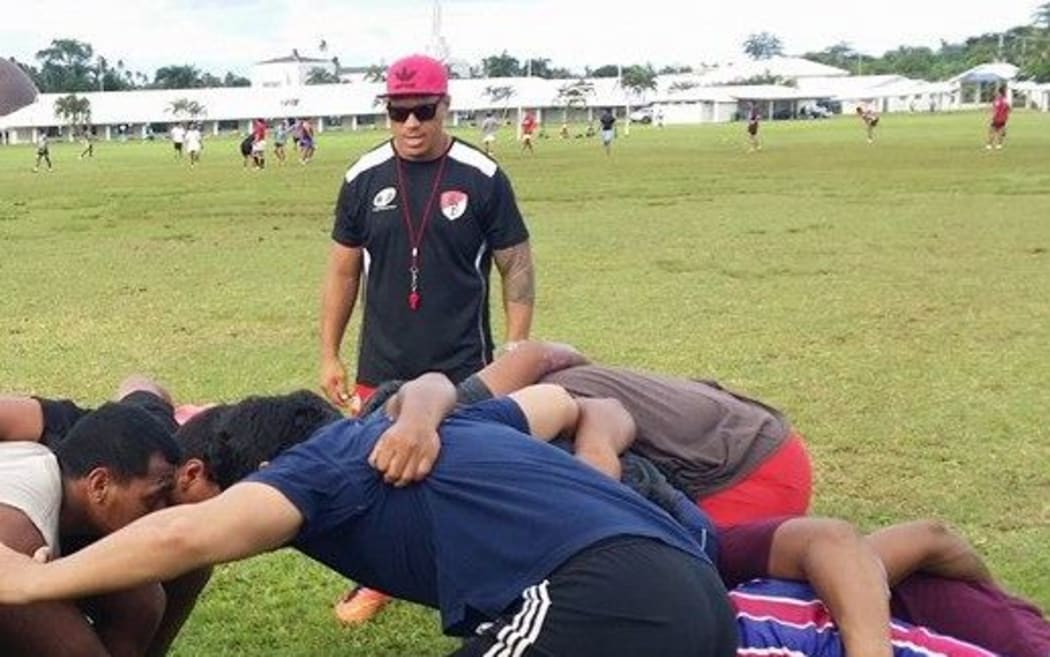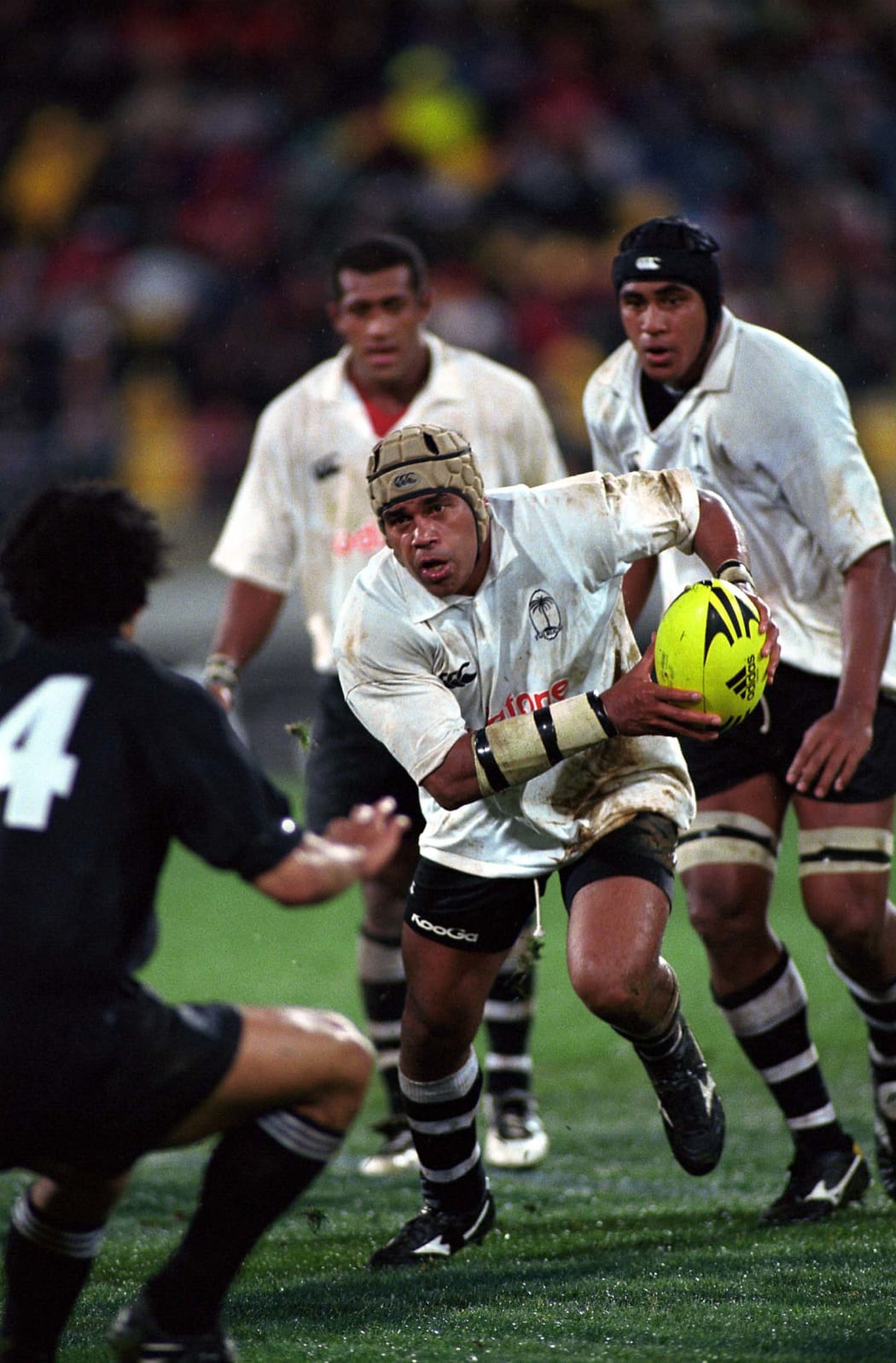A Super Rugby team in the Pacific Islands would have lasting benefits both on and off the field, according to former players.
The new expanded Super competition kicks off later this month, with teams from Argentina, Japan and a sixth South African side joining the established 15 franchises...but still no team from the Pacific.

The Jaguares from Argentina are new to Super Rugby this year. Photo: Supplied
The former Samoa rugby captain Mahonri Schwalger played Super Rugby for the Hurricanes, Highlanders and Chiefs and has long advocated for a team based in the Pacific.
He said a side in Samoa, Fiji or Tonga would be a boost for local players, who currently have to move offshore to forge a professional career.
"Here in Samoa there are hardly any jobs around here. Having the team in the Super Rugby would develop a lot of our country. We've got to look in terms of our economy: business people would have more people travel here in the Islands if we have a team in Super Rugby. We'd have more jobs for our people as well. If we get better the All Blacks will do well as well so we need to work together to ensure rugby will be alive and stronger in the Pacific Islands as well."
Mahonri Schwalger runs a rugby academy in Apia but said the region lacked the top coaching, facilities, resources and funding needed to develop raw talent.
"At the moment I'm building a gym and that's out of my pocket and I have to get out into the whole island of Samoa out of my pocket because I just want these kids to have what I used to have when I played professional rugby.If you ask any kid in Samoa 'Who do you want to play for?', they say 'the All Blacks' - not Samoa, they want to play for the All Blacks and the reason why the All Blacks are doing really well [is] we see it on TV - all the kids look us to the All Blacks. Most of them want to go to New Zealand and look after their family - the main thing is they're trying to look after their family."

Former Manu Samoa captain Mahonri Schwalger taking a scrum session at the Rugby Academy of Samoa. Photo: Rugby Academy Samoa
Koli Sewabu represented Fiji at two Rugby World Cups and is now working at Massey University where he was the author of a major study on the treatment of Pacific Island players.
He said there's been a 100 percent increase in the number of Pacific Islanders playing Super Rugby between 1996 and 2013.
Pacific players in French leagues surged 79 percent between 2006 and 2014, while in the Australia's National Rugby League there was a 33 percent jump between 2008 and 2013.
Koli Sewabu said those stats show the talent is there but more needs to be done off the field before a Pacific Super Rugby team becomes a reality.
"From our end - from the Pacific Islands - we need to sort our house as well. In the last few years governance issues has been a major problem - financial management and so forth - so it's important that's sorted as well - from our end - and I'm pretty sure if that's sorted as well there will be potential investors out there who are willing to put the money in for the development of rugby in the Pacific Islands."

Koli Sewabu in action during the rugby union test match between the All Blacks and Fiji in 2002. Photo: Photosport NZ
A new pilot programme, funded by New Zealand's Ministry of Foreign Affairs and Trade, will start in Fiji later this year, educating local players about financial literacy and preparing for life after rugby.
"And it's going to roll out to Samoa and Tonga [as well]. This is regarding pre-departure training for semi professional and professional athletes all the way to life after rugby programmes. That's a start and I believe it's around looking after the players, ensuring that they understand the contracts that they're signing, they're get value for money and whatever they send back home [it] is ensured that their families are trained in financial literacy but I think it's still an area that needs to be explored more."

